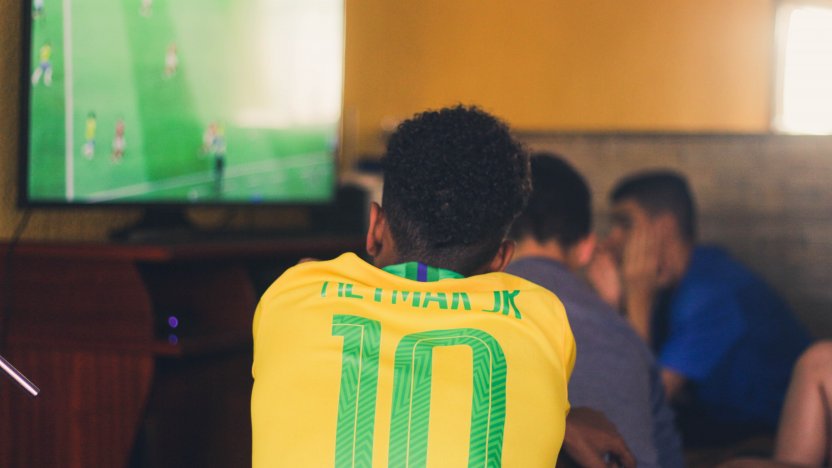Footballer Neymar scores in trademark dispute

The EU General Court ruled today (14 May) in the dispute over the 'Neymar' mark, finding in favour of Paris Saint-Germain’s star footballer Neymar in his trademark cancellation action against Portuguese businessman Carlos Moreira. Novagraaf’s Casper Hemelrijk sets out the background to the case and the final decision by the EU General Court.
The dispute started in 2012, the year Neymar was ranked South America’s best football player. That December, Carlos Moreira filed his application for the EU word mark NEYMAR with the European Union Intellectual Property Office (EUIPO). The trademark was duly registered in April 2013, in respect of products in the categories clothing, footwear and headgear.
Acting in bad faith
In 2016, Neymar applied for a declaration of invalidity in respect of the word mark. One of the grounds for invalidity of the EU trademark was that the trademark applicant was acting in bad faith. While there is no simple, decisive test for establishing whether a trademark application was submitted in bad faith, an overall assessment must be made in which all the relevant factors of the case must be taken into account. The timing of the application should be taken into account and the following three factors are considered most relevant:
- Identical signs or confusing similarity of the signs;
- Knowledge of the use of an identical/confusingly similar sign; and
- Dishonest intention on the part of the EUTM owner.
Assessing the similarity, knowledge and intention
The contested sign, NEYMAR, is identical to the famous name of the invalidity applicant, which is a fairly uncommon and unusual name in the relevant territory. It will therefore be exclusively associated with the footballer. While there is no evidence on file that Moreira had knowledge about the use of the applicant’s name, Neymar had already gathered a lot of attention by the time the trademark application had been made and his name was heavily featured in articles published in the EU.
Furthermore, Moreira could not explain as to why, out of all the names he could have chosen to register as a trademark (including his own name) he selected this rare name. According to EUIPO's Cancellation Division, Moreira’s only aim was to take ownership of the well-known name and reap the advantages of the renown it attained. It was found that Moreira acted in bad faith when registering the trademark and the Cancellation Division declared the mark invalid.
Background to the appeal proceedings
Moreira disagreed with the invalidity ruling and appealed to the EU General Court. He admitted that when he filed for the registration of the trademark, he was aware of the existence of the footballer. However Moreira claimed that Neymar was not yet known in Europe, although he was a rising star in football. In his appeal, Moreira further denied seeking registration of the mark with the sole purpose of exploiting the renown of the footballer. He stated that the mark was chosen only because of the phonetics of the word and not as a matter of reference to the footballer, and suggested that the choice of word was merely a coincidence and did not stem from a desire to use the name of the footballer.
EU General Court judgement
The EU General Court noted that the evidence brought forward at the EUIPO shows that Neymar was already known in Europe at the relevant date. His performances with the Brazilian national football team had been highly publicised in France, Spain and the UK between 2009 and 2012. Neymar was already recognised as a very promising footballer and had already drawn the attention of several of the best football clubs in Europe.
The Court rejected the argument that the choice for this specific mark was merely a coincidence. The footballer’s renown was already well-established in the world of football, of which Moreira possessed more than a little knowledge. The fact that Moreira had filed for another trademark application on the same day did not help his case, especially because the application was in respect of the word mark IKER CASILLAS, who was one of world’s best football goalkeepers at the time.
Given the above, the EU General Court found that Carlos Moreira was acting in bad faith when he filed for the application of the trademark NEYMAR. The Court upheld the decision of EUIPO's Cancellation Division and Neymar can now focus on attacking on the pitch again, instead of defending in court.
If you have any questions about any of the topics covered in this article, please speak to your Novagraaf attorney or contact us below.
Casper Hemelrijk works at Novagraaf’s Competence Centre in Amsterdam.